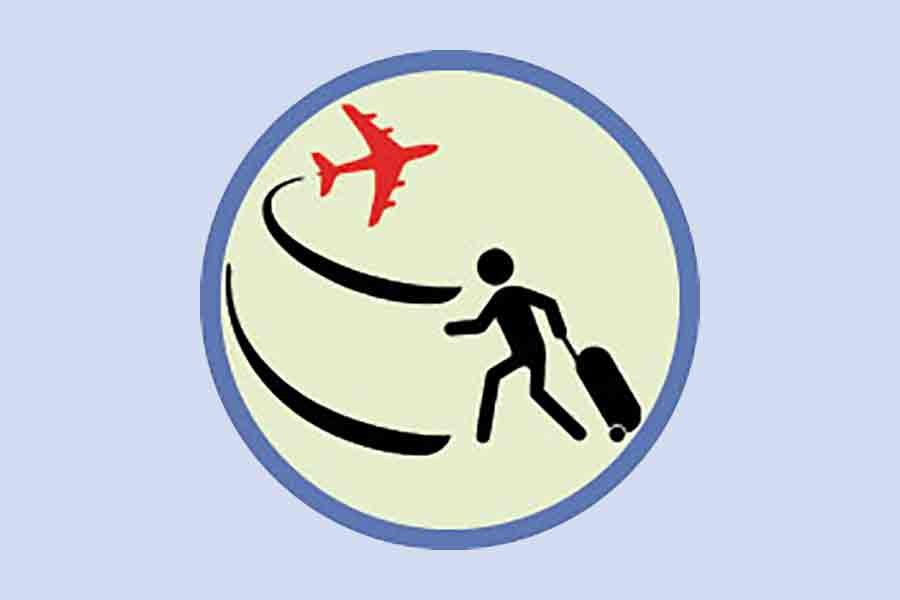
Published :
Updated :

Questions are very often raised about the quality and the pace of execution of public sector development projects. Even the highest authority of the government has on occasions expressed dissatisfaction over the cost and time overruns of projects. But the situation has not improved. The problems are found to be acute in the case of large or mega projects.
The recurrent hikes in cost and the delay in execution are now more or less synonymous with public sector development projects. In addition, the propensity to waste project funds on the procurement of luxury vehicles and foreign trips in the name of knowledge gathering among a section of government departments has gained strength in recent years. Such spending is more in the case of foreign-aided large development projects.
This paper, in its last January 07 issue, reported that the Roads and Highways Department (RHD) has submitted a project to the Planning Commission for widening a 66.82-kilometre highway. The project proposes to spend Tk 240 million on a knowledge-gathering foreign trip by 20 civil servants and Tk 130 million on procurement of 20 vehicles, registration and fuels. Of the vehicles to be procured for the project, six are in the luxury category.
The RHD is one government entity that has a habit of making lavish spending on foreign training by officials and luxury vehicle procurement. Some other departments that execute foreign-funded large development projects do also exhibit a similar attitude.
In most cases, such spending is not necessary. The agencies that prepare and execute development projects and their parent ministries/ divisions allegedly work in collusion with each other and chalk out such spending programmes. Officials manning the executing agencies and parent ministries/ divisions take part in foreign trips.
In many cases, foreign training or visits are taken up at the expense of development projects unnecessarily. Local expertise essential for the projects is enough for the purpose. At times, officials who are in no way involved with project implementation are included in the teams that are sent abroad for training. The foreign training/ trips are used as a tool for favour distribution.
The project vehicles, particularly the luxury ones, involve bigger scams. Expensive sports utility vehicles (SUVs) belonging to several development projects end up in the garages/ parking areas of ministers or top government officials. Despite having cars allocated from the government transport pool or personal cars purchased with an interest-free loan provided by the government, many officials use cars belonging to development projects. The transfer of these vehicles is done through channels beyond normal official protocols.
What is more interesting is that many vehicles procured under development projects go missing at the end of the projects. The relevant agencies, deliberately or otherwise, do not bother to locate those.
The problem of cost overrun and delay in development project execution is very much there though the issue has got all the attention from the relevant quarters, including policymakers and development partners.
A few factors that are responsible for the delay in project execution---the delay is one of the major reasons for project cost overrun--- are systemic. Unless those are corrected through decisive actions/ reforms, the problem will persist.
Some tend to believe that the delay in the matter of project execution is deliberate. As delay will lead to project cost escalation, the size of the fund the officials and relevant others are out to misappropriate will also be bigger. It is hard to dismiss such an apprehension. Financial irregularities in development project execution have been rampant. That a certain part of the project fund would go waste or unofficially shared by all the parties involved in the process of its planning and execution is an accepted norm. However, trouble arises when the size of the fund thus misappropriated turns unusually big.
Yet hardly anyone is punished for involvement in embezzling funds of big or mega projects. On occasions, officials working at the Upazila or district level face cases or punishment for petty financial crimes involving tiny development projects.
The policymakers' indifference to irregularities --- financial or otherwise --- for decades, unfortunately, has created a sort of unwanted situation in the development project planning and execution.
The agency responsible for overseeing the development project execution is handicapped by a shortage of manpower and logistics. The size of the development budget has become bigger by every financial year, but the capacity of that particular agency---IMED--- has grown minimally.
The Planning Commission does play an important role in development project planning and execution. But, it has to approve under political pressure projects without proper feasibility studies or include projects in the annual development programmes (ADPs). All these create indiscipline in development planning and execution.
So, for the sake of proper development planning and execution and stopping the wastage of taxpayers' money, the government should try to remove anomalies and irregularities in project preparation and execution. The Anti-corruption Commission (ACC) needs to keep a watchful eye on this particular area to stop the misuse and misappropriation of public sector development funds.
Zahidmar10@gmail.com


 For all latest news, follow The Financial Express Google News channel.
For all latest news, follow The Financial Express Google News channel.